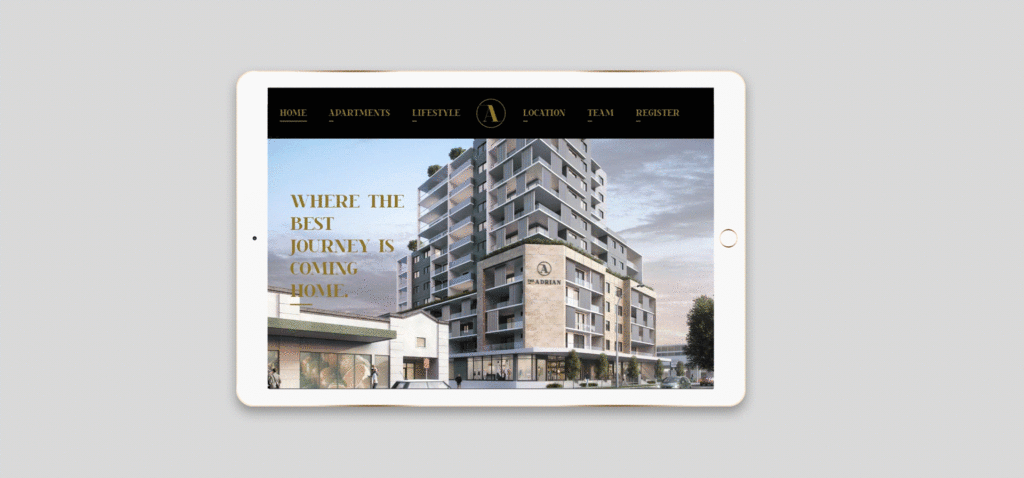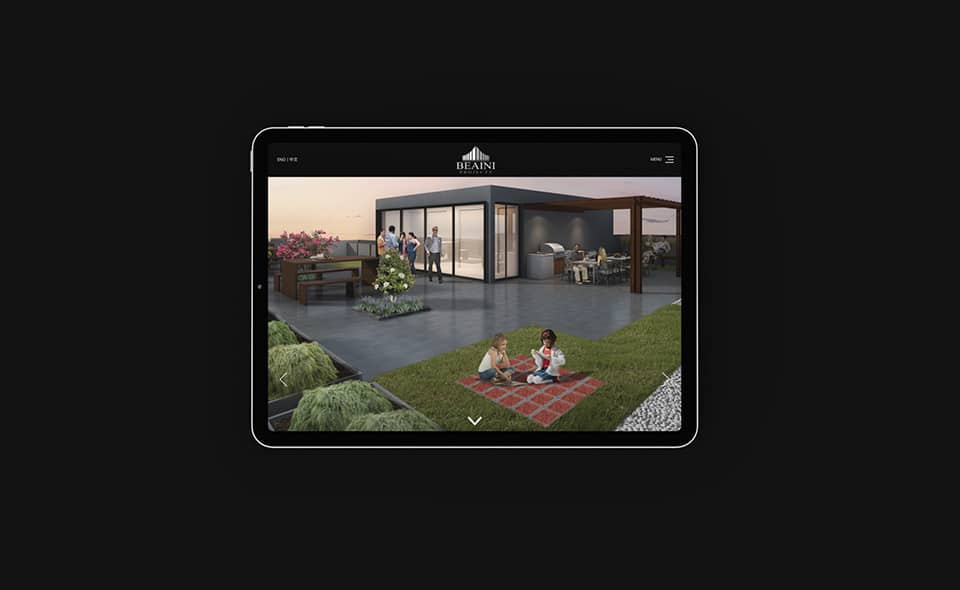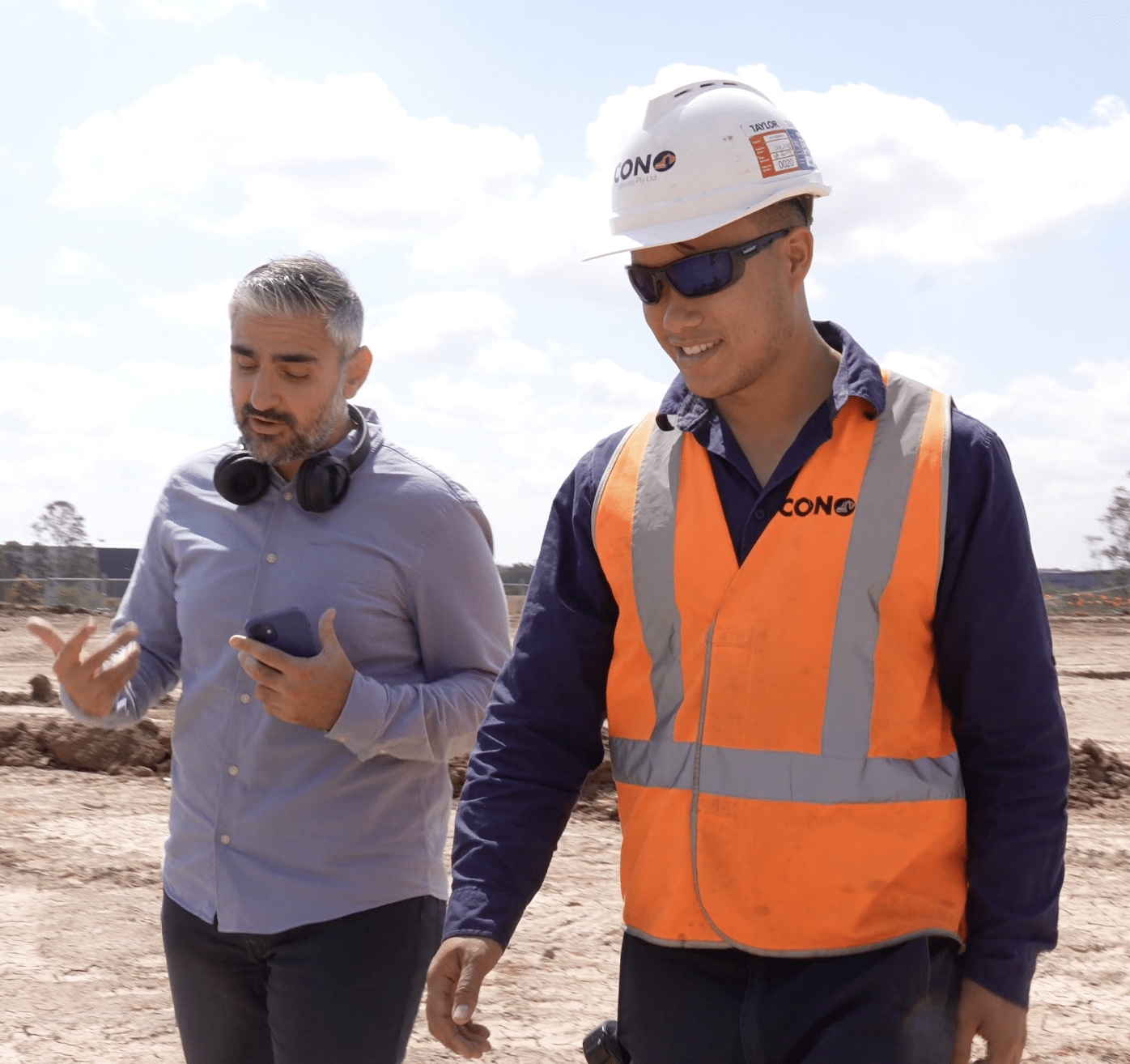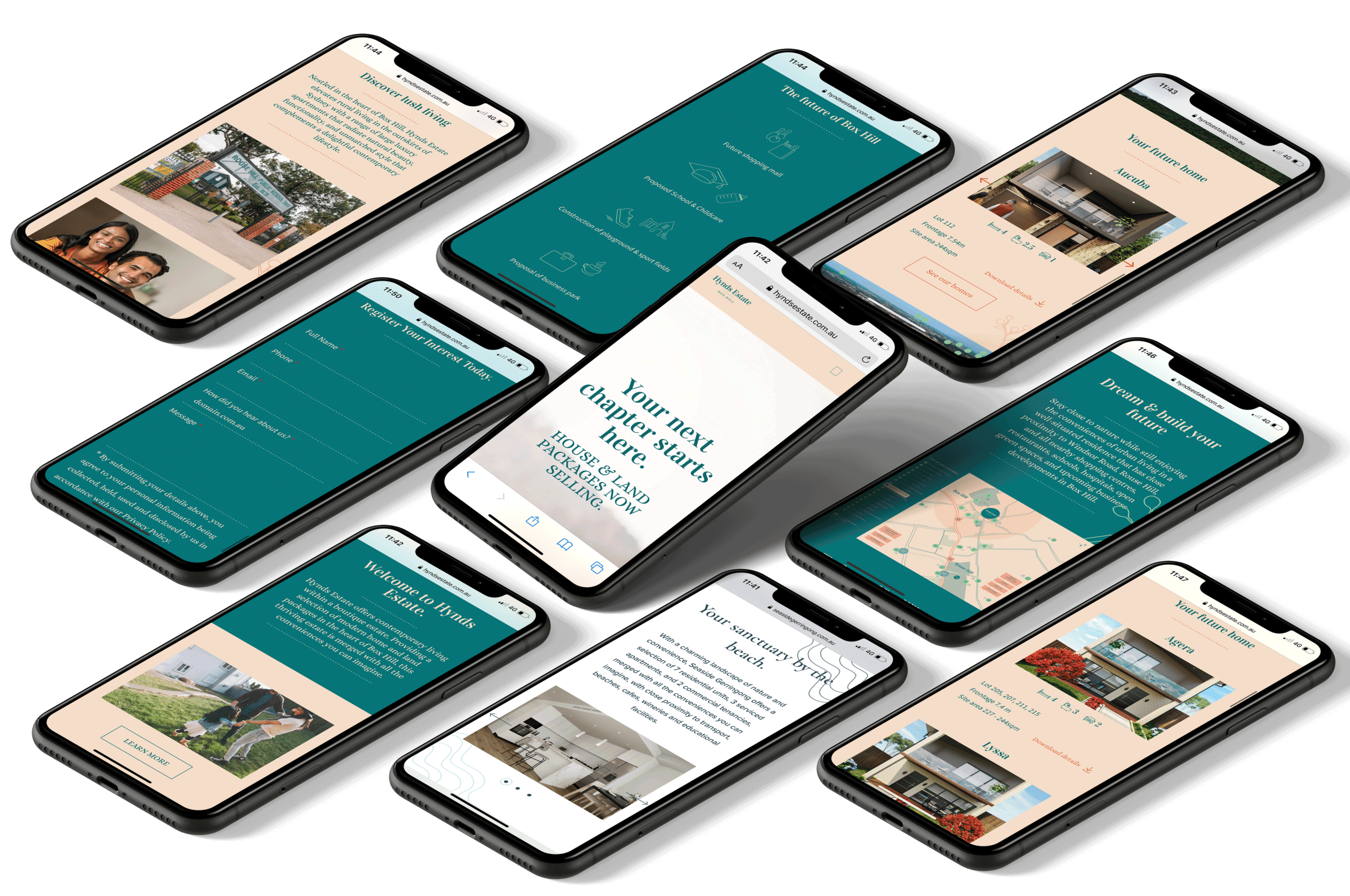If you’re a business owner, it’s important to understand that a website is an essential investment to widen your reach, communicate what your business is about and connect with your customers. A website is a place for potential customers to get a first impression about your brand or business, let’s face it first impressions can make the biggest difference. Deciding that you need a website is just the first step though. Along with a hundred decisions you need to make in running a business comes choosing whether you should go for a template or a custom-built website. If you’re still confused about the differences between the two, we got you covered. Below is a list that could help you plan your way through getting a new website that fits your business’ needs. Especially if you don’t know where to start, or when our industry is filled with so many different technical terminology making it complicated for business owners to know exactly what they are getting or want.

Template websites
Template websites are pre-designed web pages or as we like to call them “off the shelf websites” that are readily available to customise. Think of it as if buying a kitchen that is already made from Ikea that’s already designed, flat packed and just needs to be assembled in your home. You can choose the colour of your kitchen finishes and make slight changes to the design but can’t really make it your own custom design, which in some cases works for people looking for that. Pros 1. It’s affordable There are so many affordable template designs available online for you to buy and download. Some even cost nothing at all. Most new and small businesses opt for template websites for this reason. Generally a template website could cost anywhere from $500 – $3,000. 2.Easy to build Because template websites aren’t built from scratch, it requires lesser effort to insert content and have it up and running in no time. The code has been developed which is why it’s less time and easier to build. 3. Shorter development time Template websites are pre-coded and most of the time need only a few tweaks here and there. This makes for a shorter development time and often benefits businesses that are in a rush to launch a website. They can take anywhere from 3 days to 21 working days to put together. Usually depending on the clients requirements. Cons 1. Limited customisation Let’s go back to the Ikea kitchen metaphor we’ve mentioned above. Sure, an already built kitchen can be customised to your liking, but only up to a certain degree. You can’t change where specific items, cabinets & functionalities can be, Same goes for a template website, and this could become frustrating for business owners who are looking to include a specific website feature and functionality. 2. Originality can suffer Because it’s a template and is usually available online for anybody to download, it shouldn’t be surprising to come across a website that’s very similar or even identical to yours. This becomes an even greater challenge if you’re trying to stand out from the crowd and have a lot of competitors. 3. Some templates may not be search engine friendly Search engine optimisation is important for all businesses, but most especially for new and small businesses aiming to become more visible on the internet. Most search engines don’t favour slow and flashy websites—features that your website template may have. 4.Security Templates are a lot more vulnerable to hacking because hackers are all too familiar with how website templates are coded and structured because of its popularity.
Custom-built websites
Custom-built websites are like the houses you build from the conceptualisation and design process up to adding the final touches to the house. They are built from the ground up and are created specifically according to your brand and vision. A plan or what we like to call it is a wireframe is created to showcase how your website may look, function and much more.

Pros
1. Optimised for search engines Because the design is more fluid and content is easier to update, custom-built websites make it easier for developers to apply search engine optimisation techniques. This means that your business will gain a higher online traction that will allow customers to easily find your website.
2. You get a unique design Unlike template websites, you get to control the design of custom-built websites based on the nature of your business. Adding functionalities that template websites lack is possible, too. You basically start with a blank slate, which means you can do basically anything with it without any limitations. Add specific buttons, colour schemes, animation and much more to the design. You can control the way it functions or the way something happens on the website. This is all done within the user experience phase.
3. Secured Design isn’t the only unique thing with custom-built websites—their coding is, too. And unique coding repel hackers because it’s harder to get around. On top of this, developers can also apply added security measures to make sure your website is less vulnerable to security risks.
4. Your website can grow as your business grows Changes are inevitable, especially for businesses that are growing and flourishing. As these changes come afloat down the road, it’s only natural that you’d want to change some major designs and functionalities for your website. With template websites, this could mean starting everything over, but custom-built websites enable developers to easily add, remove or update features and functionalities without going through the whole process all over again.
5. Multi-platform Another risk business owners knowingly or unknowingly take by going for template websites is that they may not be responsive in mobile, tablet and certain browsers. Custom-built websites, on the other hand, allow designers and developers to create versions of your website specifically for mobile and tablet users. This is especially important now in our fast paced lifestyle because more and more people opt to use mobile rather than desktop.
- Costly More work means more cost, and since custom-built websites are made by a professional team of designers and developers, expect to shell out more money if you decide to go for custom-built. But if you think about it, you’re basically paying for a website that’s truly yours and which you have complete control over, and that makes it worth every cent. A custom website can cost anywhere from $6k – $100,000 depending on the requirements, of it needs to be integrated into a crm, erp system or specific functionalities needed.
- Time There are far more factors to consider in a custom-built website compared to a template one. Since you’re basically building your website from scratch, custom-built websites naturally take more time to design and develop. After all, anything worth having isn’t built overnight, right? Important questions to ask yourself before making a decision Still couldn’t decide? Ask yourself these questions which we think might be helpful.
Cons:
- Do I really value the look and feel of my website? Am I specific on how I want it to be?
- What do my customers require when interacting with my website?
- How long will each option last me?

4. Which option would be more beneficial for me in the long-term? For one, custom-built websites are easier to expand and customise in the future, should you decide to change your mind about your design and branding (which is what usually happens for most businesses). For another, because of the flexibility in design, customer experience and other features custom-built websites provide, they’re usually better in generating higher returns of investment for the long-term. 5. Which option will give me more design options and features? Although there are a lot of template design options available now, custom-built websites would still give you better control over the designs and extra features you may want to have on your website. Think of it this way: with template websites, you’re basically compromising your design and vision so that it can fit to what the template can offer. With custom-built websites, however, designers and developers would be doing their best to meet your design expectations without having anything to compromise.






